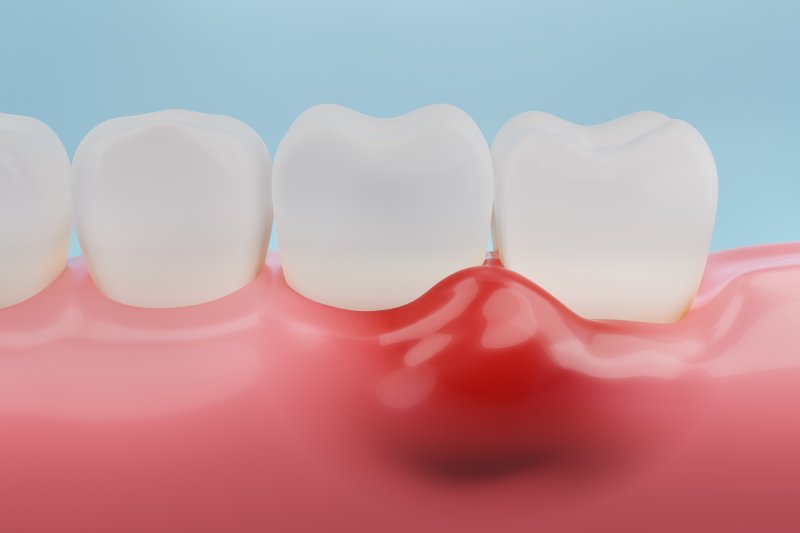
While gum disease affects almost half of Americans over the age of thirty, advanced gum disease is a serious medical condition, and it can require extensive dental work to be resolved. If gum disease is left untreated, it can lead to consequences such as tooth loss, erosion of the jawbone, and dangerous secondary infections such as pneumonia or sepsis. In some cases, tooth extraction may be recommended to treat advanced gum disease. Here’s what you should know if you are considering having your teeth removed to treat this condition.
How Can Tooth Extractions Treat Gum Disease?
Gum disease, or periodontitis, results from an infection of the gums rather than of the teeth. While removing teeth will not cure or directly treat your gum disease, it can serve an important role in your treatment plan. In some cases, teeth must be removed because the gum tissue around them has become seriously damaged. This can result in the tooth becoming loose, making it easier for food particles and bacteria to accumulate between it and the gum tissue. Removing a tooth in this situation can relieve the patient’s discomfort and make it easier to treat the infection in the gums.
How Can Gum Disease Be Treated Without Tooth Extractions?
Dentists aim to prevent tooth loss and view tooth extraction as a last resort. The sooner your gum disease is treated, the better the outcome that can be expected. A common way to treat gum disease without tooth extraction is called scaling or root planing. During this procedure, your dental team will perform a dental deep cleaning which includes eliminating bacteria above and below the gumline and smoothing out the roots of the teeth, making it harder for bacteria to become attached to them. This treatment often comes with antibiotics and an order for improved oral hygiene at home.
What Happens After I Have My Teeth Extracted?
If your teeth are removed to treat advanced gum disease, you have several options for replacing them. Traditional restorations like dentures and dental bridges are time-tested, comfortable, and popular solutions to tooth loss. However, recent decades have seen dental implants become the pinnacle of tooth replacement. Dental implants will require a patient to have healthy gums and a strong jawbone, so your gum disease will have to be resolved and your jaw may have to receive bone grafts before you can be considered a candidate for the treatment.
While tooth extraction can be a crucial part of treating advanced gum disease, it will not cure the infection by itself. It can, however, eliminate some of the risk of further infection and set a patient on a path to a healthier smile.
About the Author
Dr. Jordan Hardin earned his dental degree from the University of Nebraska College of Dentistry in Lincoln and has completed many hours of continuing education courses. He proudly serves as a member of the American Academy of Clear Aligners and is a Fellow in Implant Dentistry through Implant Pathway’s Dental Implant Continuum. His office in Plano, TX offers general, restorative, cosmetic, and emergency dentistry. For more information on treating advanced gum disease, contact the office online or dial (972) 597-1974.
